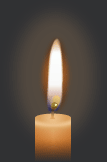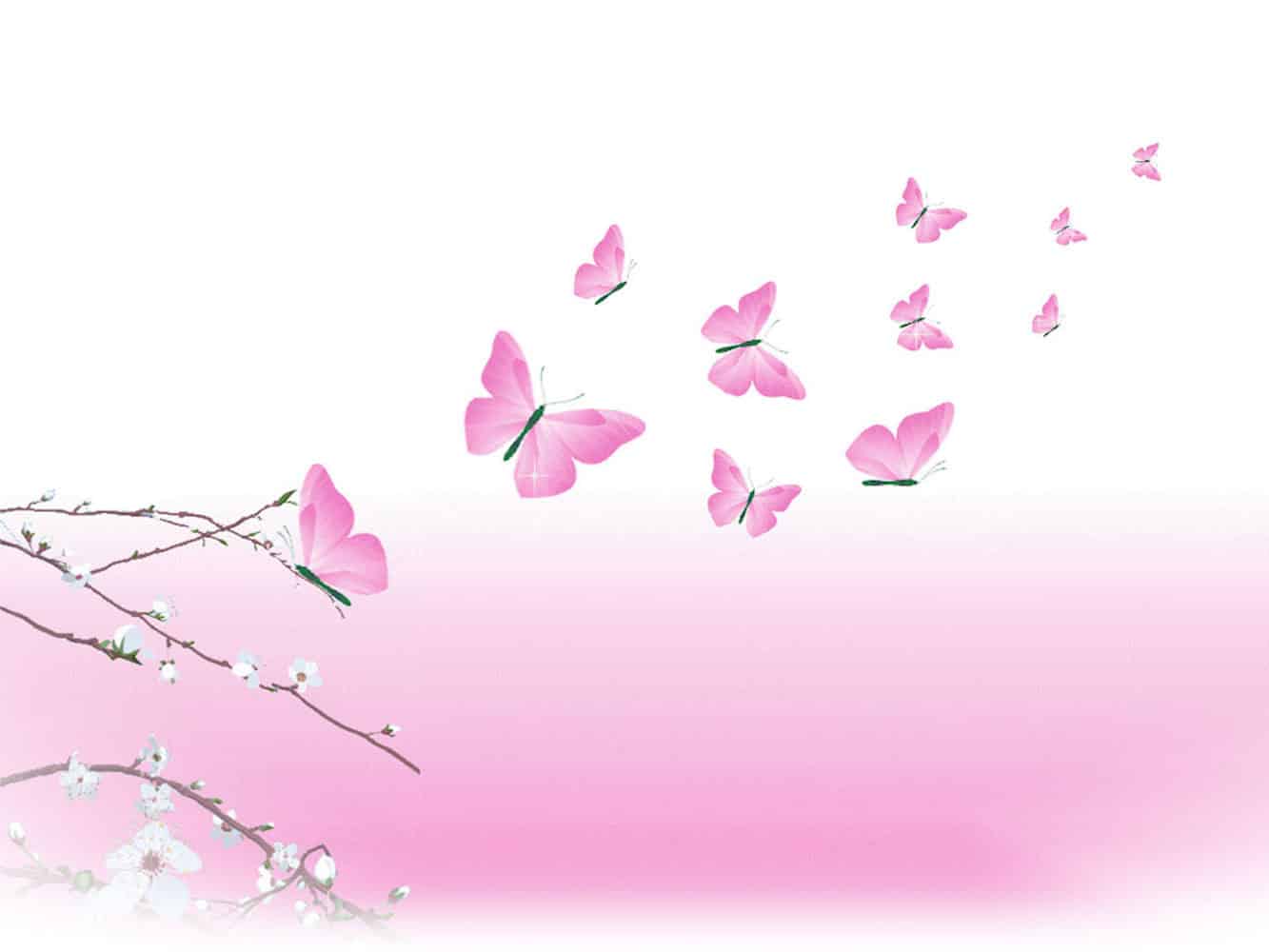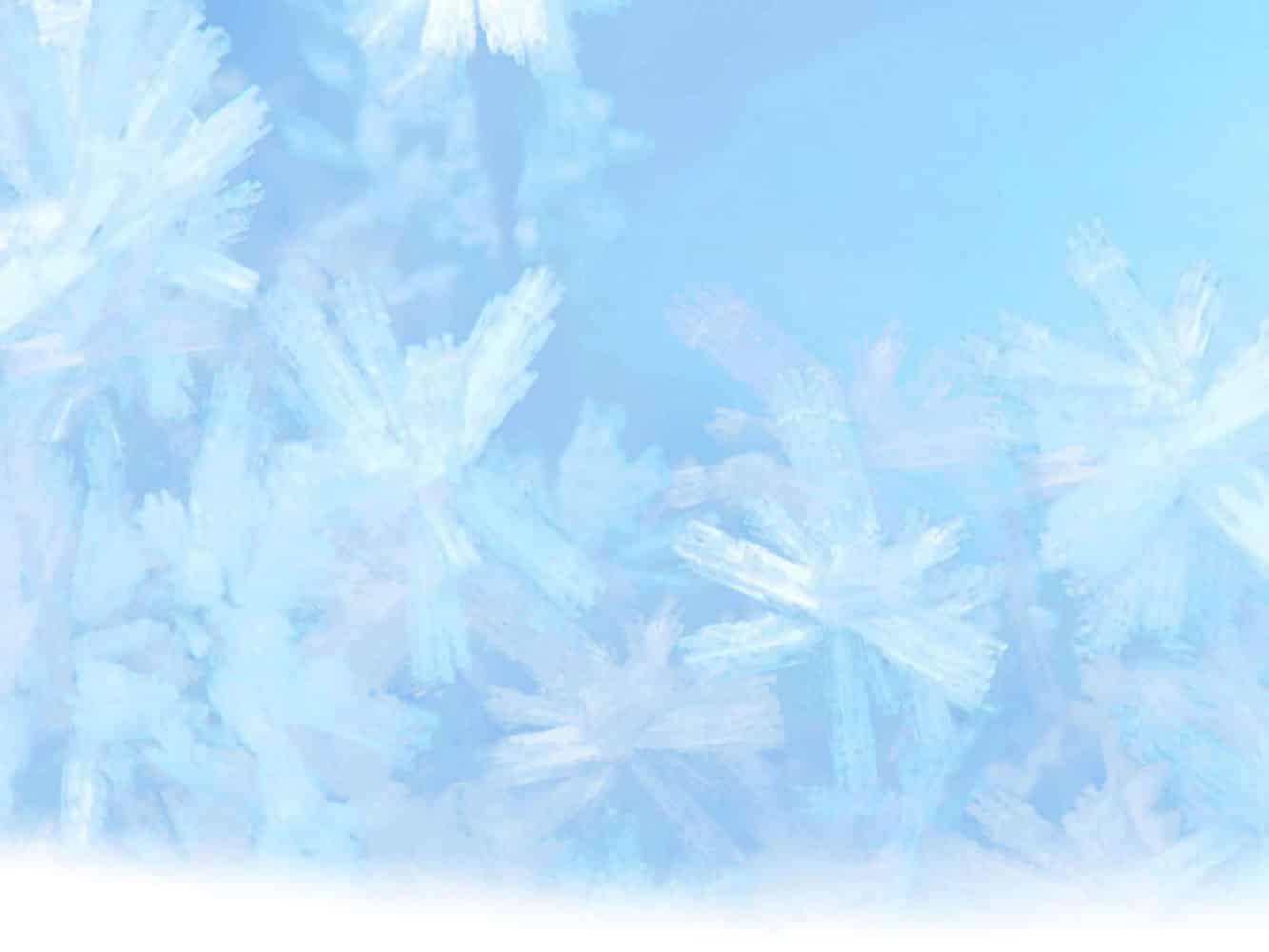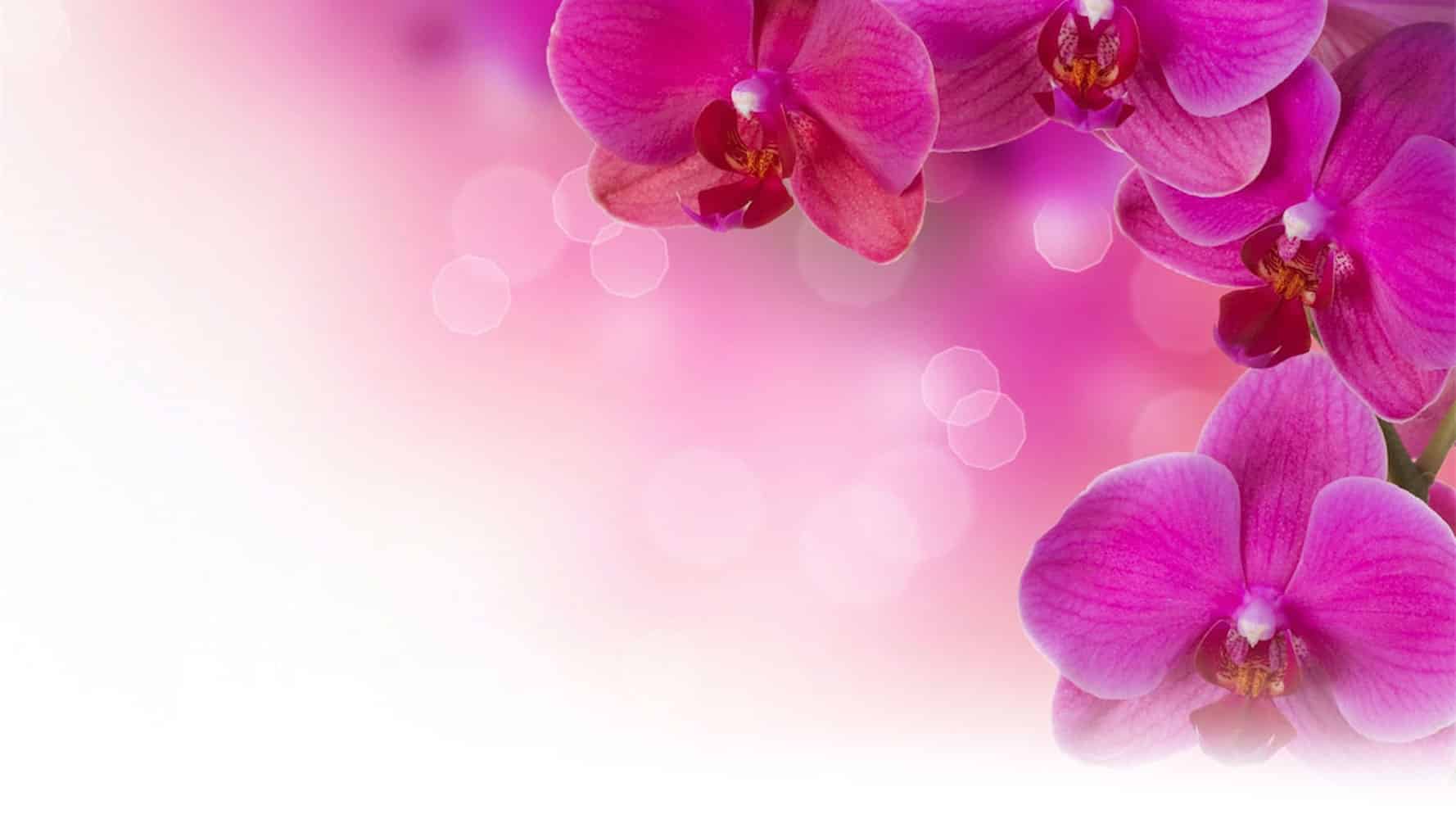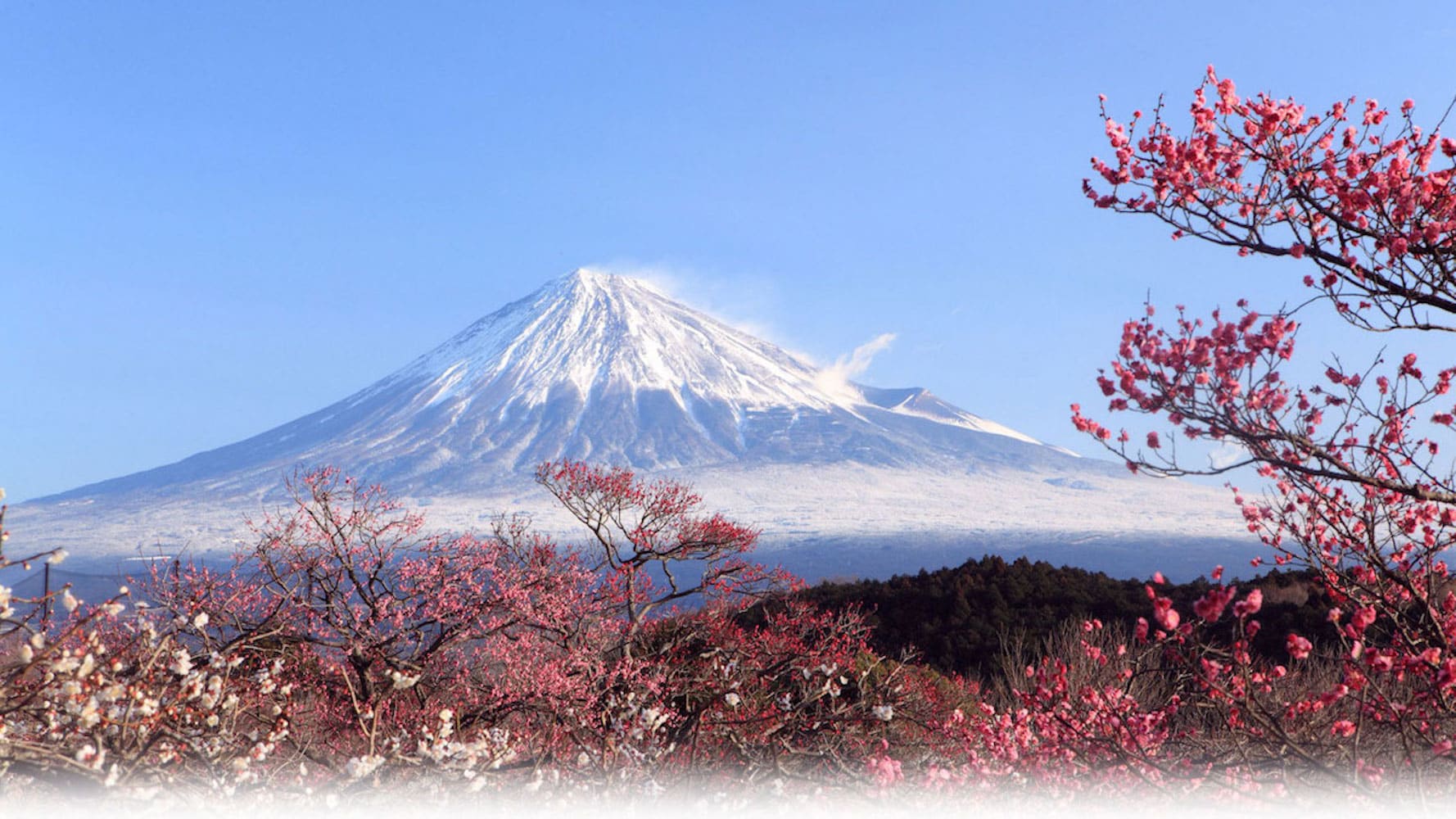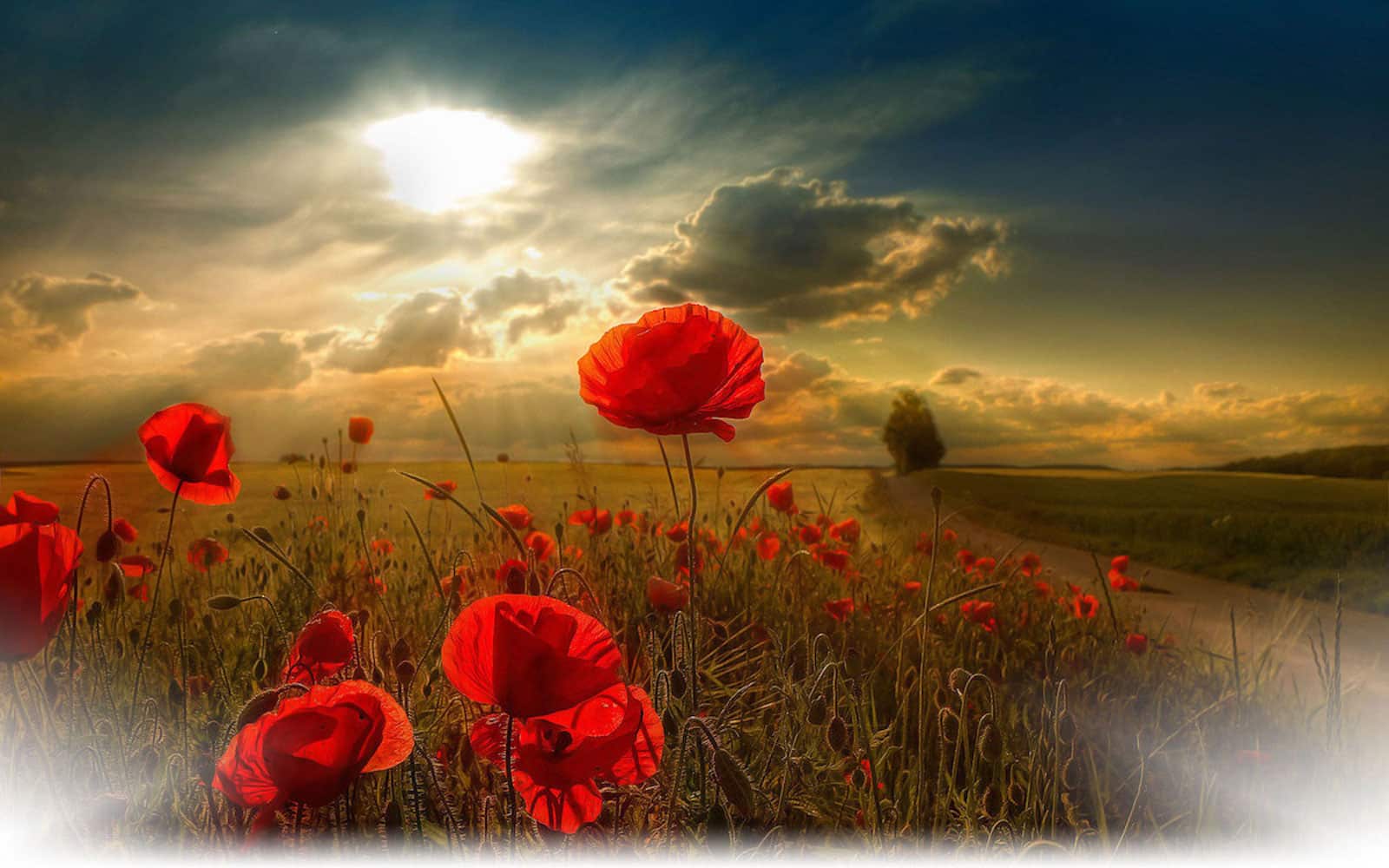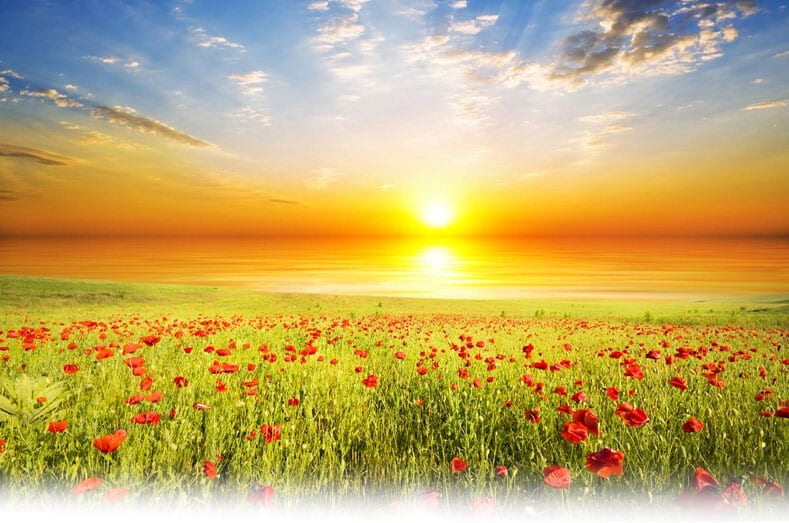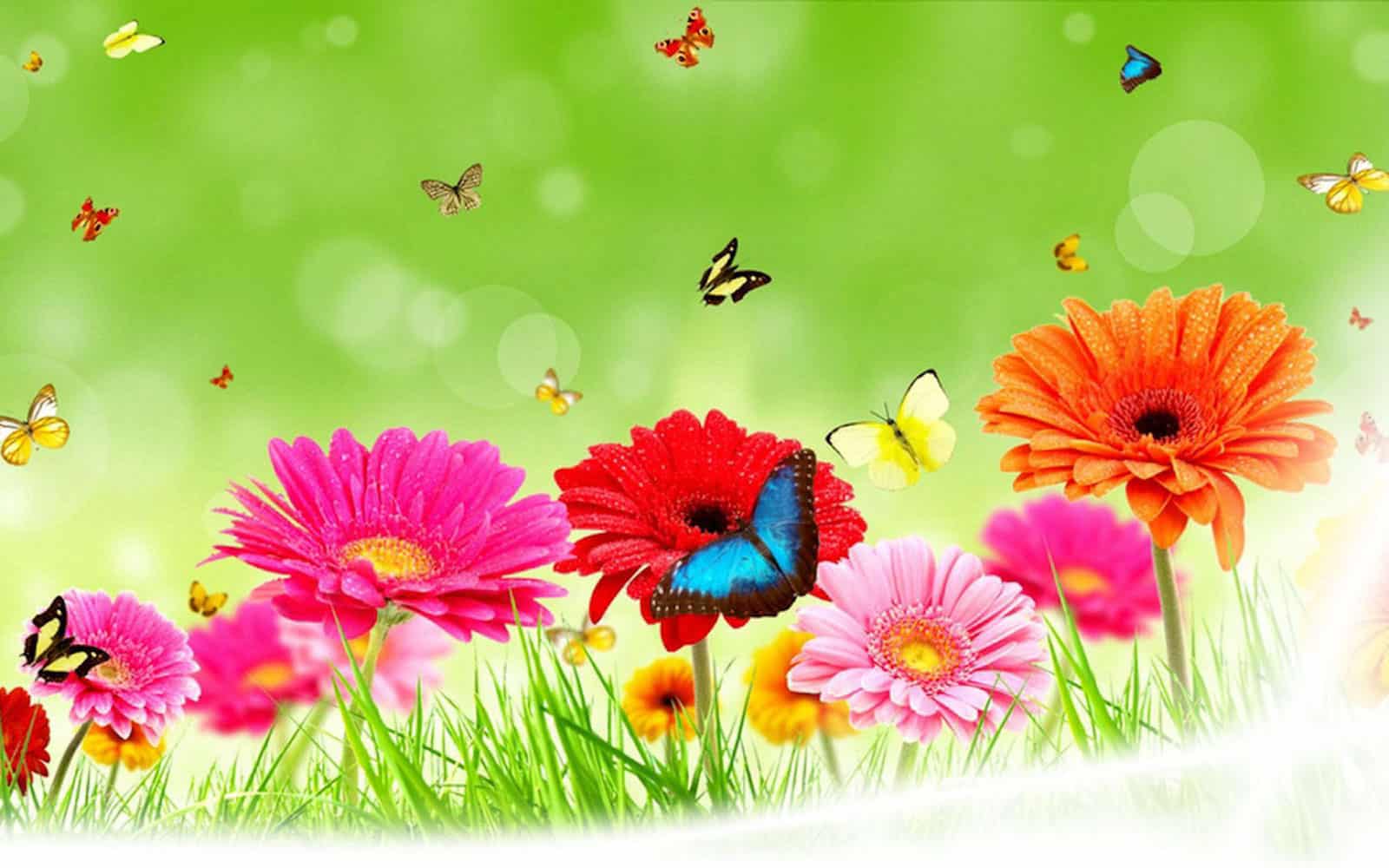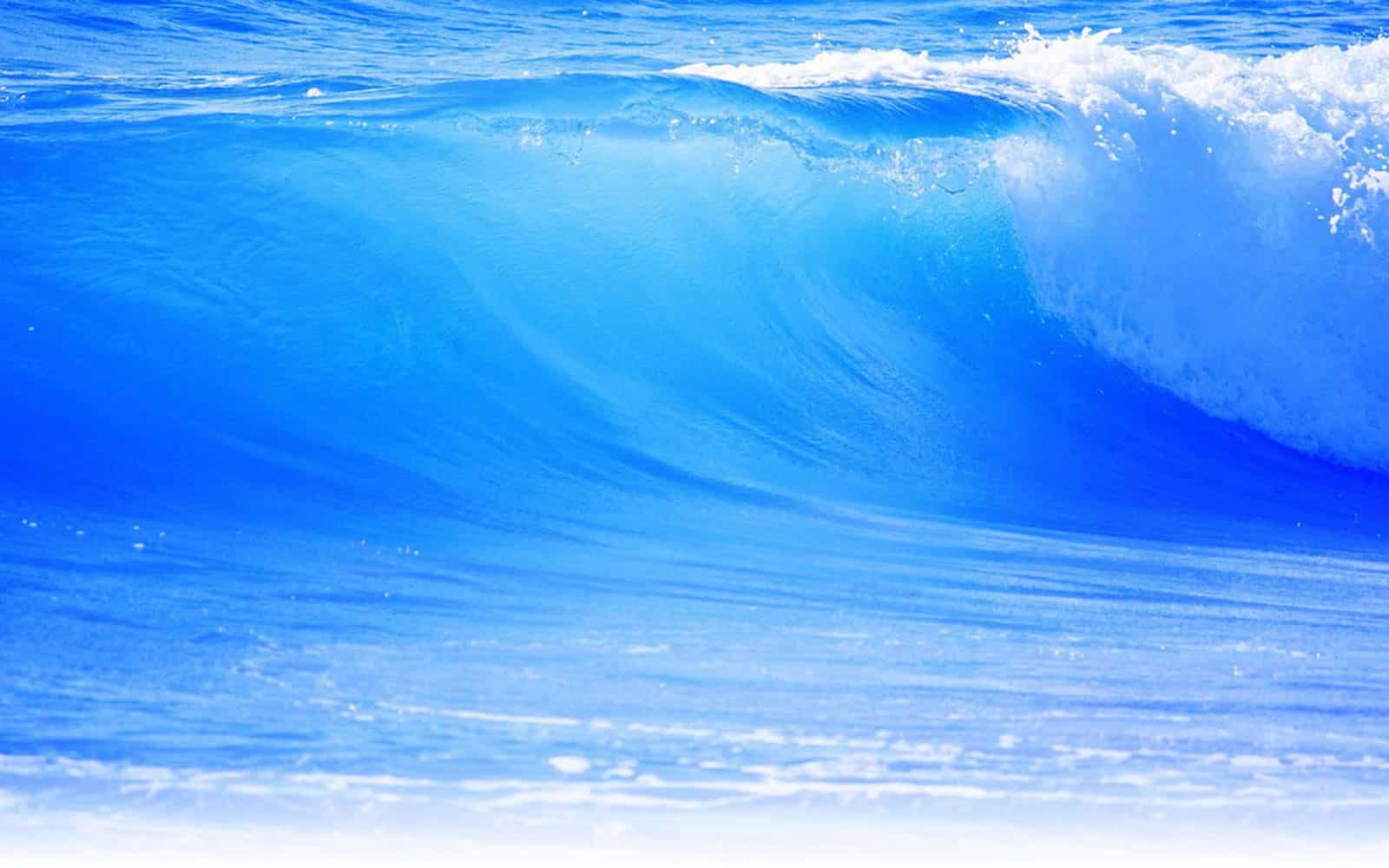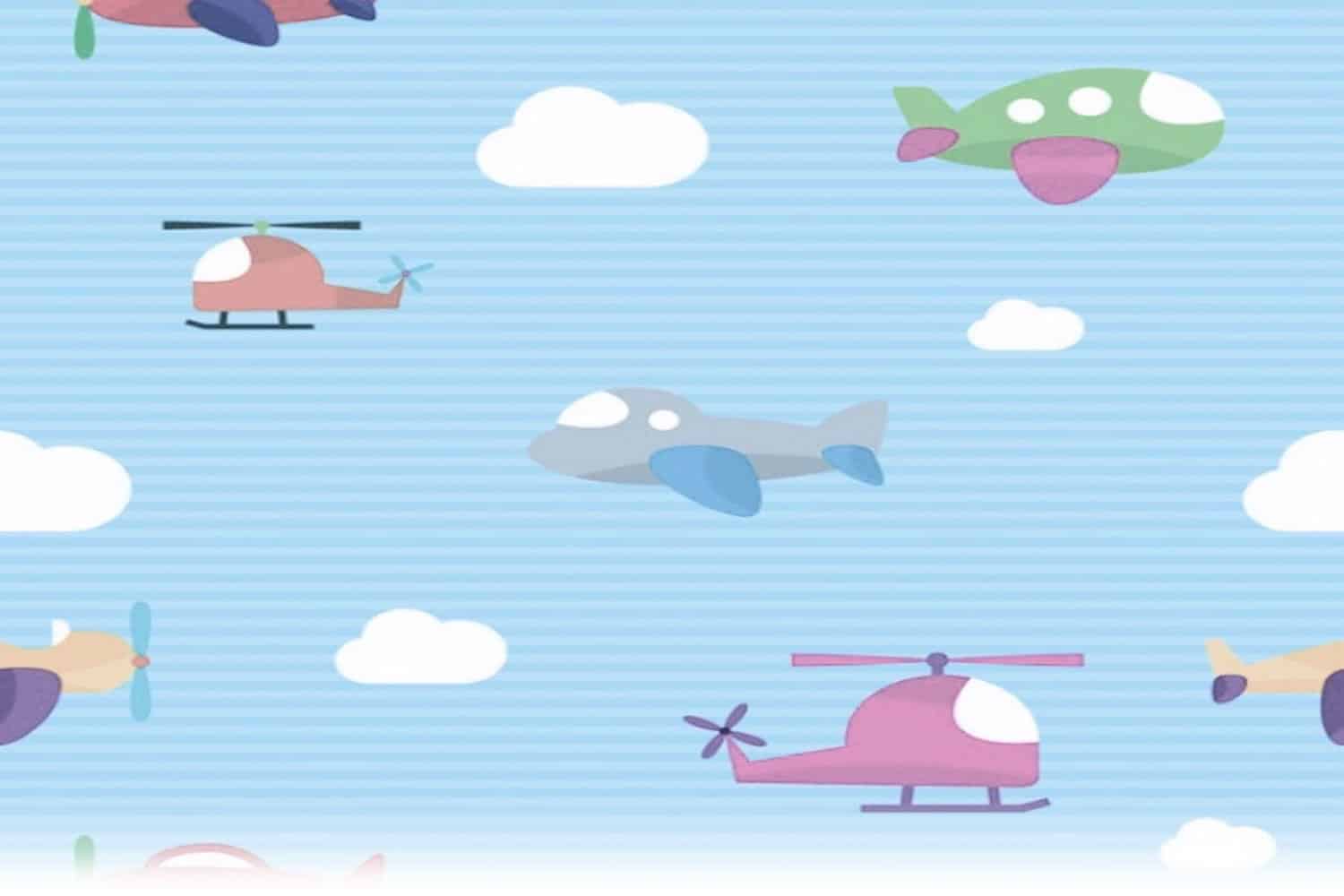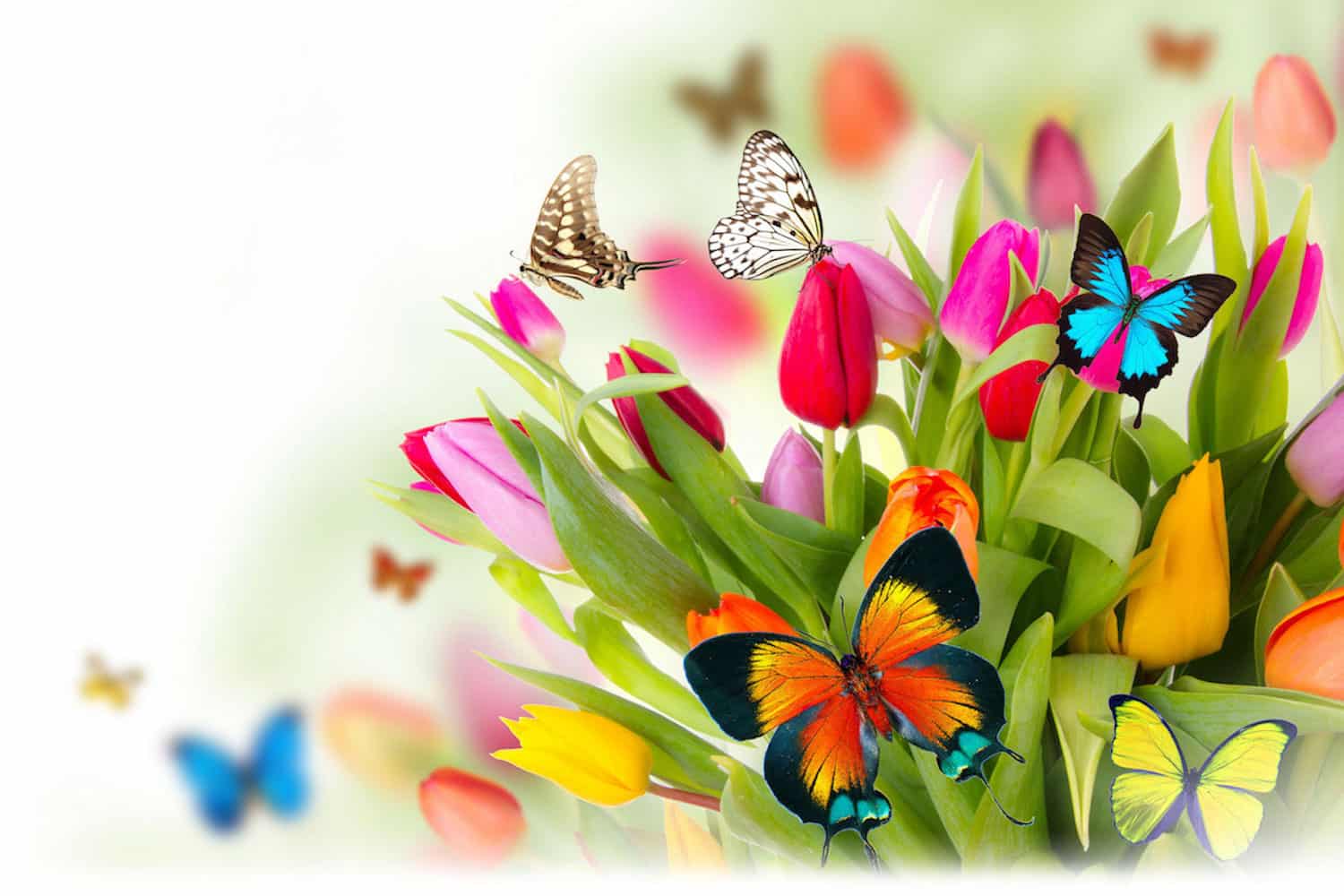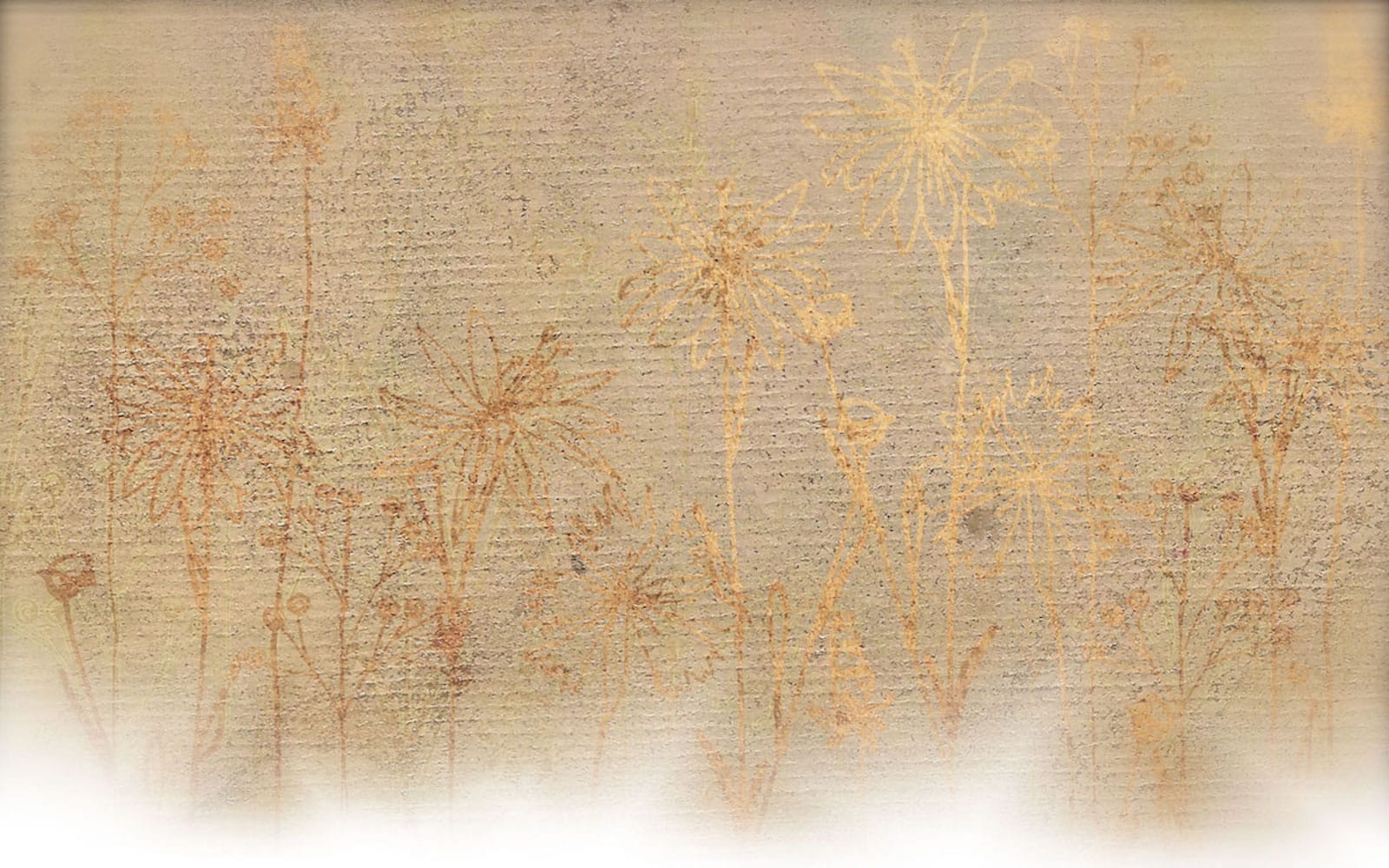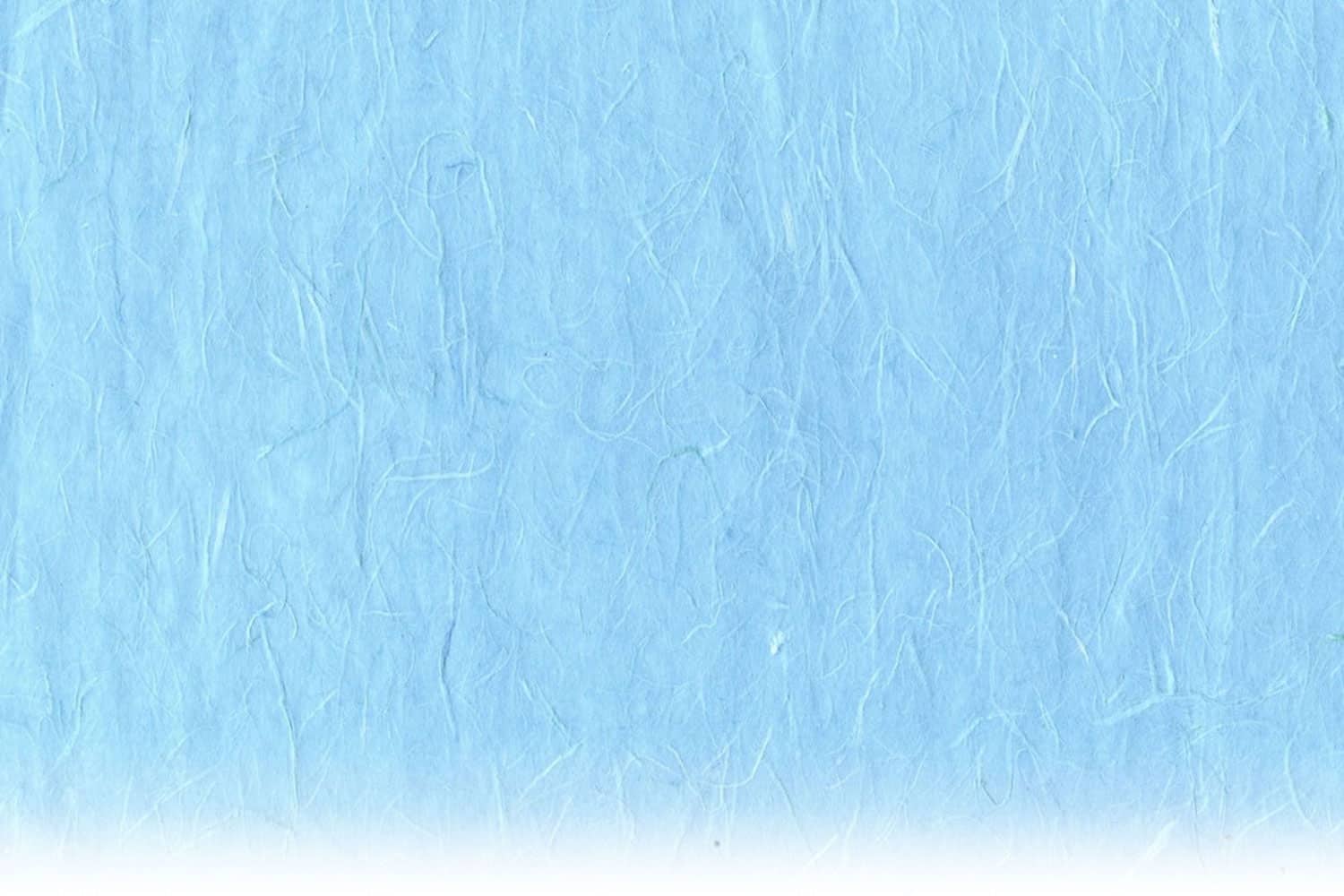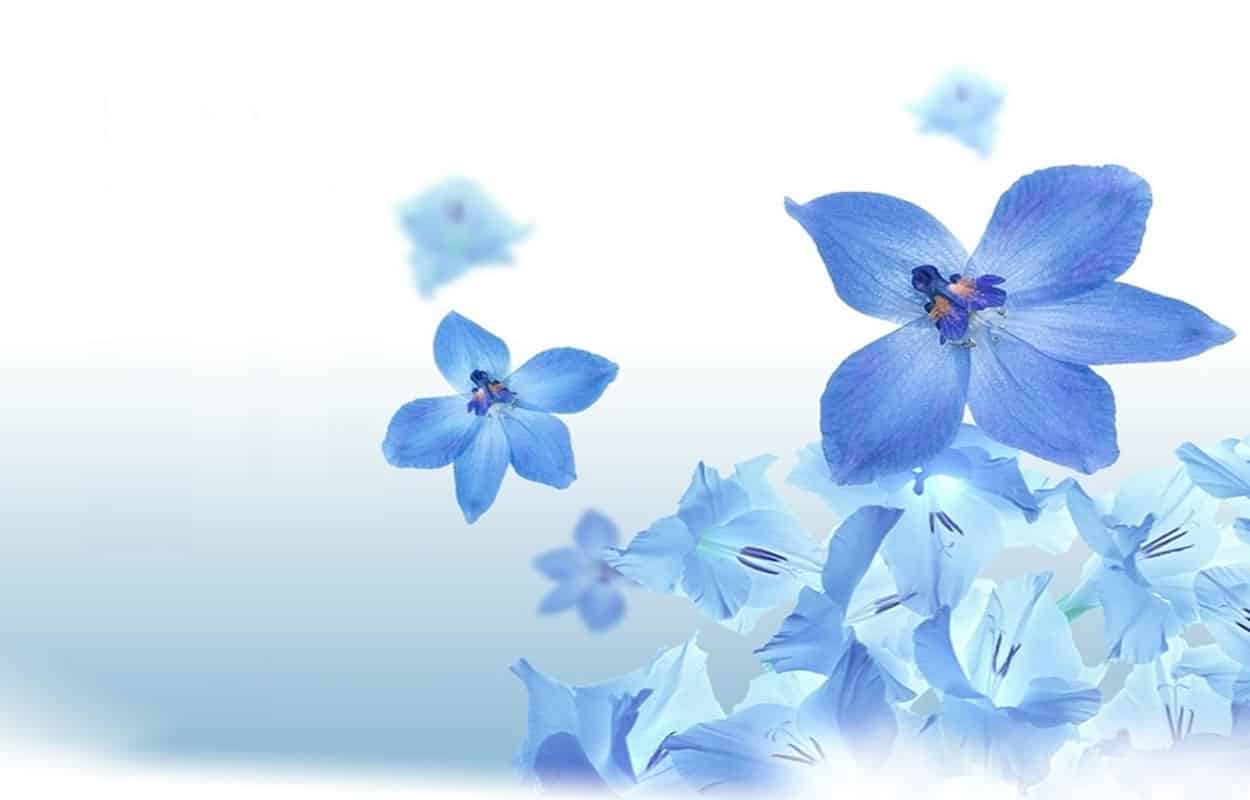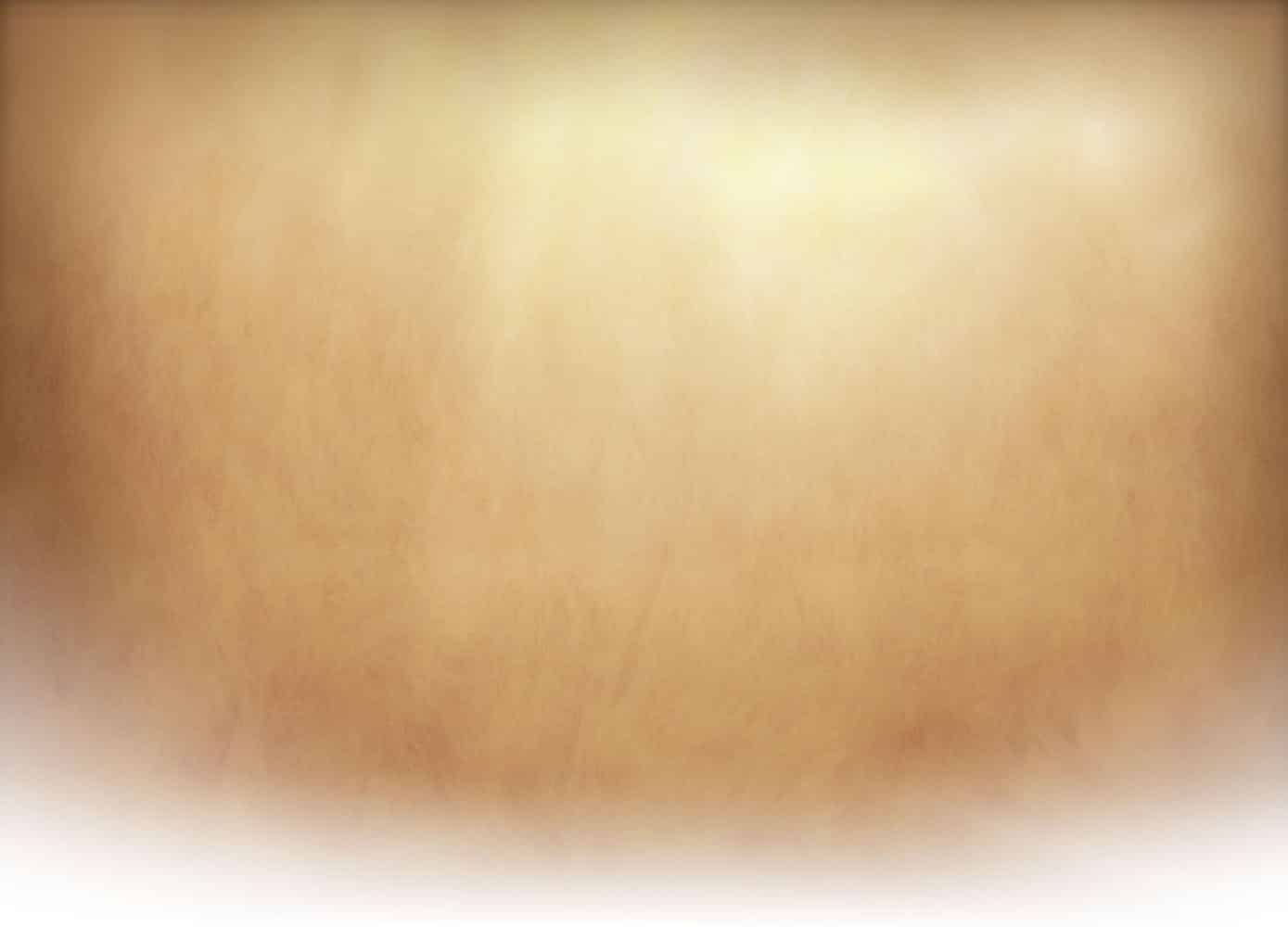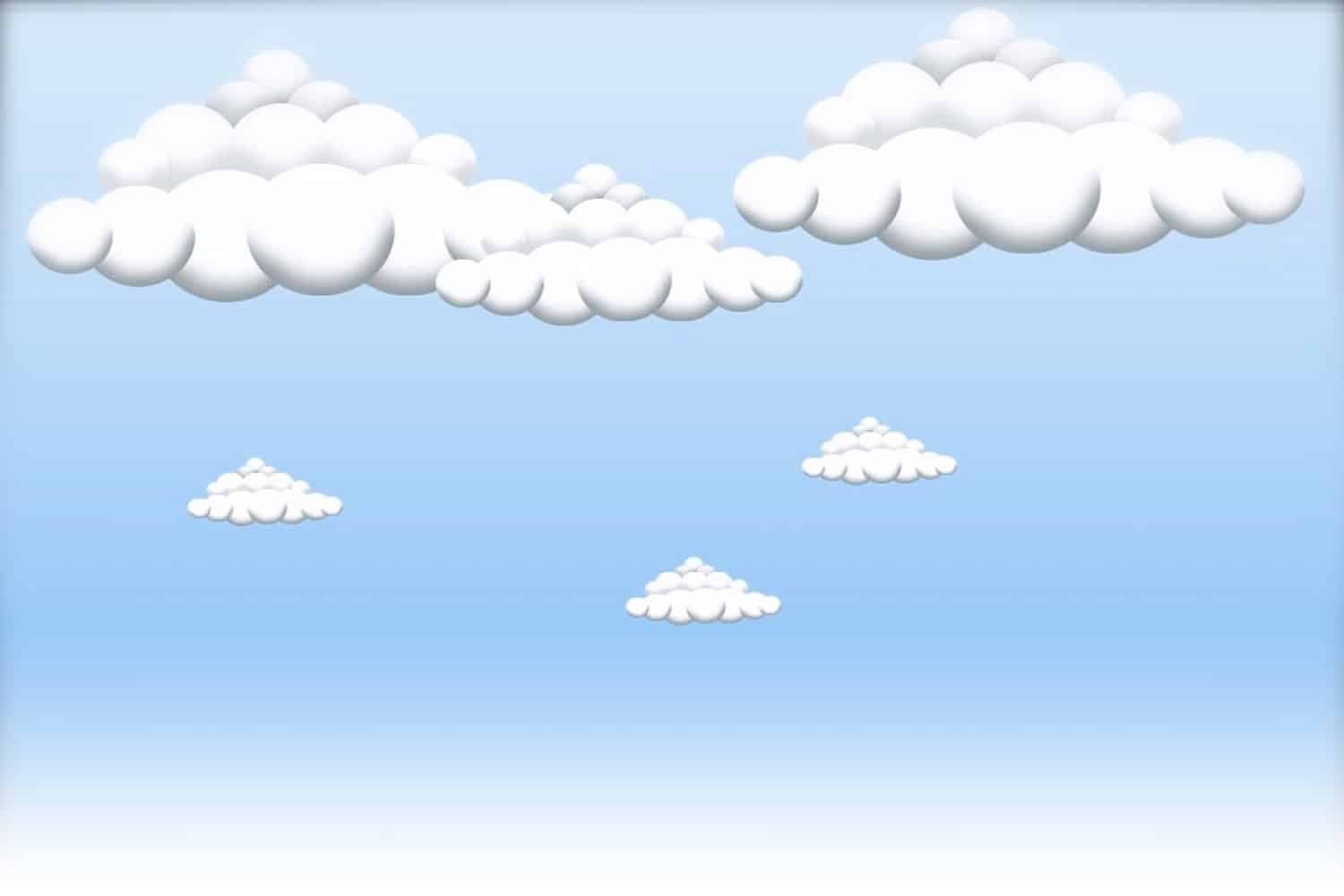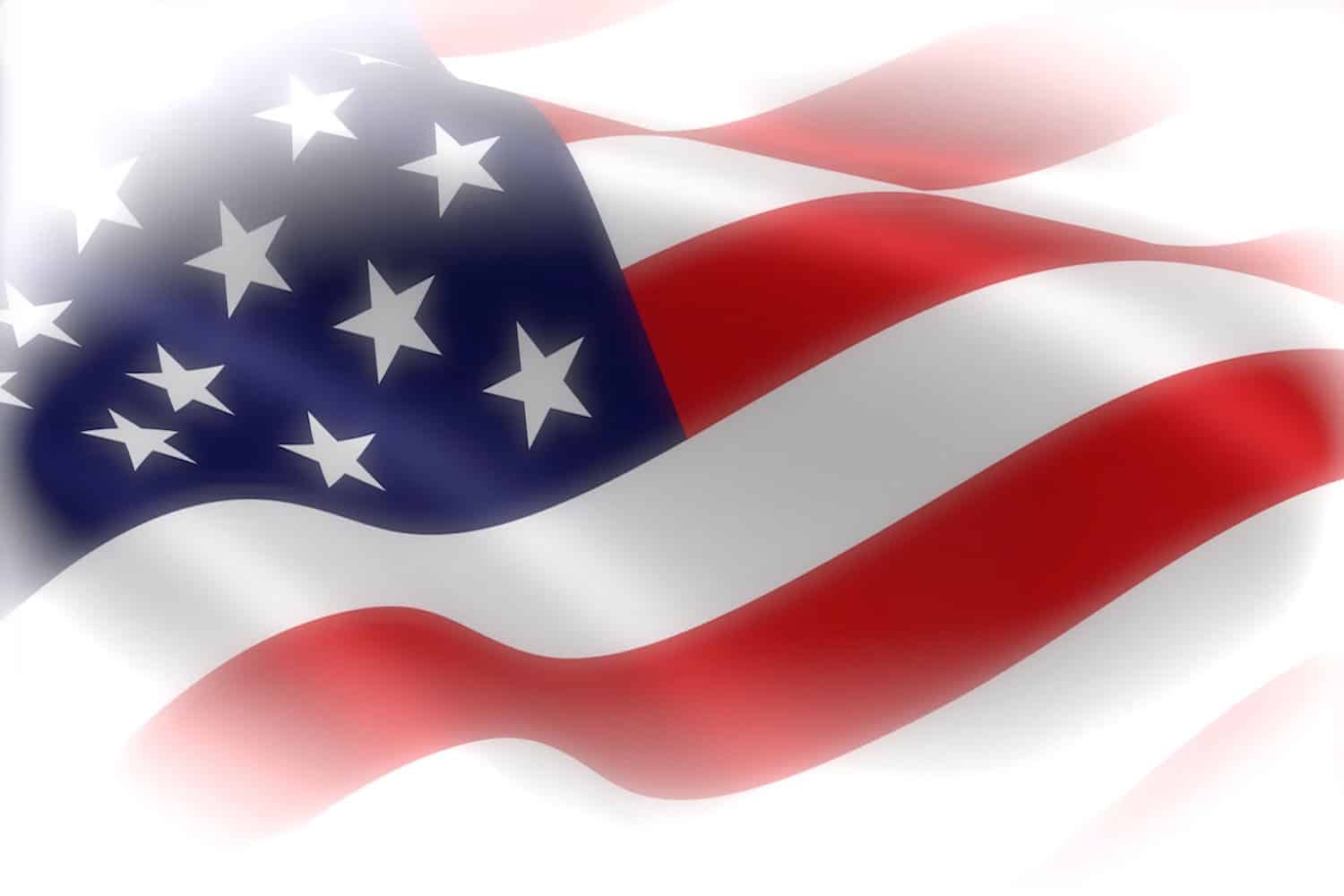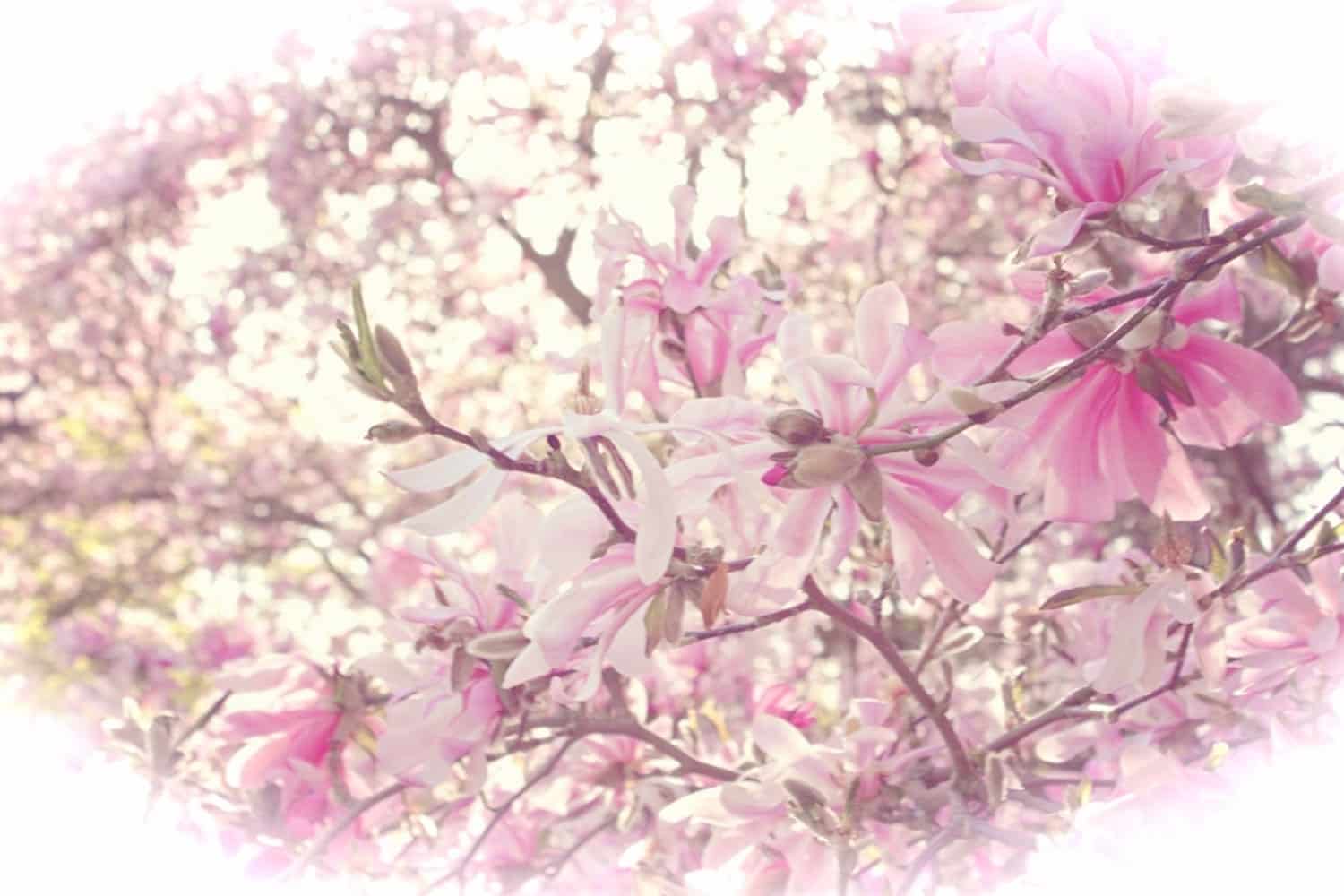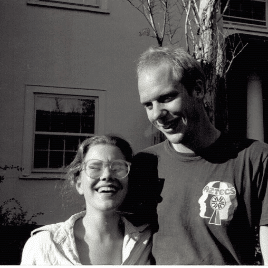
Upload a photo
- Use the Trash icon to delete

- Use the Pencil icon to edit or crop your image

- Allowed extensions: JPG, JPEG, PNG, GIF
Candles Lit

Page Collingwood Born In Celebration Of Your Life

Page Collingwood Born In Memory Of Your Birthday

Page Collingwood Born In Celebration Of Your Life

Page Collingwood Born In Memory Of Your Birthday

Page Collingwood Born In Celebration Of Your Life

Page Collingwood Born In Memory Of Your Birthday

Page Collingwood Born In Celebration Of Your Life

Page Collingwood Born In Memory Of Your Birthday

Page Collingwood Born In Celebration Of Your Life

Page Collingwood Born In Memory Of Your Birthday

Page Collingwood Born In Celebration Of Your Life

Page Collingwood Born In Memory Of Your Birthday

Page Collingwood Born In Celebration Of Your Life

Page Collingwood Born In Memory Of Your Birthday

Page Collingwood Born In Celebration Of Your Life

Page Collingwood Born In Memory Of Your Birthday

Page Collingwood Born In Celebration Of Your Life

Page Collingwood Born For my beloved sister on on her birthday. Gone too soon, never forgotten

Page Collingwood Born For my beloved sister on

Page Collingwood Born In Memory Of Your Birthday

Page Collingwood Born
Page Collingwood Born
Place of birth: Junction City, Kansa
Joe: It’s a bit surreal coming back here after being in Chicago for the past 6 months. I’ve been so caught up with life and happenings there that it sometimes feels like Page’s death didn’t happen. It’s strange because I realized that living on my own, in a different city and with no family around. It’s as if nothing’s really changed. I still go to class, I still dread upcoming papers, I still have work, and I still manage to empty my wallet every weekend. I am not constantly reminded of that fact that I lost my mom. But I do feel different. Part of me feels guilty for not feeling worse, I know that’s ridiculous, but there it is. Because while my life goes on, hers doesn’t; I know I can never share my life with her ever again. We’ve had our last conversation, we’ve watched our last crappy movie together, we’ve swapped our last email about some ridiculous trash we saw on the internet. She’s never going to know anything else about me and I’m never going to know anything else about her. I am never going to introduce her to any more of my friends or girlfriends, they’re never going to know just how awesome she was. That’s it. Because she wasn’t just a good parent, she was a good person. She was a person I actually enjoyed spending time with. I hate to generalize, but most people have a love hate relationship with their parents. I didn’t. Which is rare. I didn’t just love my mom, I respected her. She was also one of the smartest people I knew. She was one of the kindest people I knew, but not an irritatingly dumb sort of kind; she had absolutely no patience for bullshit. She would give you the low down on every asshole she came across, and being a pre teacher, you know there were a lot of them. The mark of good with relationships with a parent is when you stop seeing them as some resource that will help you out of a tight spot. And when you can start seeing them as a peer, someone like you, who’s gone through the same shit. Traversed the same terrain. Not perfect, but damn near so that you’d be lucky to be half the person they are. I want to say that in the end that she was my friend. I hope she would have said the same.
Maree: When Page and I first got to know one another as colleagues at the International School of Tanganyika, who knew the friendship that would grow from that inauspicious start would span more than two decades and see us spend time together across four continents and many far flung places. What to say about my dear friend here today, before an audience of so many who knew and loved her too. Page had a gift for sniffing out bull shit and wankerishness…Peter will be appalled by the way I have bastardised the English language in that phrase but he will also know that was the truth and the very foundation upon which the love and mutual respect Page and I felt for each other was built. Page was a wonderful teacher, I knew that immediately. Page knew and understood children deeply. But more than that, she loved teaching children. She instinctively knew how to engage their curiosity, harnass their energy and nurture their spirit. Over all the years we worked together, I was in awe of Page’s patience and kindness, especially with children who most teachers found particularly challenging. Page’s kindness and incredible patience always allowed her to find a way to connect, forging strong relationships with children and their families around the world. Closer to home, Page was a second mother to my children. We spent countless hours in one another’s company, talking, laughing and crying together over the trials and tribulations of motherhood. Our families lives became so intertwined, that is was hard to imagine how we might ever manage when the time came for Page, Peter and Joe to leave Tanzania. I guess we did what everyone expected…we followed them to Bucharest and once again found ourselves intimately involved in one another’s lives. Page as Charlie’s teacher, me as Joe’s teacher and Peter mentoring Thomas throughout the school week whilst on weekends and holidays our families spent time exploring and enjoying the kookiness of life in Romania. Page and I, together with our families, travelled from Dar es Salaam to Zanzibar, Bucharest to Sri Lanka, Greece and Turkey, New York, Stone Pond, Sydney to Red Rock and plenty of places in between…the most remarkable thing being that we somehow managed to stay friends and maintain our sense of humour despite our lives taking very different directions, as often happens when families move and children grow into young adults. Email became our daily mode of communication…I have emails between us that go back years…nothing startling in that I suppose but when I read through them recently I was struck by the ordinariness of our communication. You all know the stuff of daily life…concerns about the kids, mild grizzling about partners, plans about the future, bitching about the ridiculousness of some new educational approach…our emails were just like the no bullshit conversations that were always the hallmark of our friendship and for that I will cherish those electronic messages for ever. I knew Page was ill, but had no idea just how far the cancer had progressed because the tone of her emails was always so positive and hopeful about the future. Jon and I made plans to visit Peter and Page early this year…we wrote about sitting by the fire and catching up over knitting and watching some of the old movies we had missed over the years…it sounded like a great plan. But life, and of course death, got in the way of our plans and so it was that I came to see Page for the last time on the last night of October. That whole trip still has a surreal quality about it. I felt that as I watched Page’s life drift away, that I somehow had come at exactly the right time. Being there with Page, Peter and Joe was a moment in time that will always remain with me. So honey, one last time from me to you. Kwaheri Mama Jo Jo , Tutouanana Mungu akipenda.
Charlie: It seems a lifetime ago, my first memories with you in Dar Es Salam. Joe and I, joined at the hip, being watched by anyone that could keep their eye on us for long enough. Most of those memories evade me now, but I still remember certain things, the smell of the country, playing in the pool, and the first people, other than my own family, that I can recall – Peter, Page and Joe. It seems like we all grew up together, at least from my young perspective. We moved across the world together, we holidayed together, in Turkey, in Stone Pond.. When you live on the other side of the world to your “home”, its so easy to see that you were not substituting our need for family, you were our family. I remember every afternoon, Joe and myself running around school together in Bucharest, waiting impatiently on our parents to finish up work so we could go home.. Those memories defined my childhood, spending long hours into the afternoon with mum, dad, Thomas, Joe, Peter and Page.. Anything that happened, any birthday, any party, any dinner, we were all together, there is no embellishment in the fact that you were my second mother at that time, every sleepover, Joe and I would wake up early, and run into your bed, there was always such a comfort being around you, there really is no other way to describe it other than love. I felt that you loved me, you cared for me, there was no doubt that during my early years, Joe was the OTHER brother I never had, in every sense of that expression, as you were the other family I did have. These memories for me are such a sad but beautiful thing, with every one reinforcing that those days past are gone, but the warmth we can feel going back in our minds brings me a peace during a very emotional time. I can’t thank you enough for being a part of my life Page, for loving me, caring for me and being a part of my family.
Harris: “Monday’s child is full of graceTuesday’s child is fair of faceWednesday’s child is full of woeThursday’s child has far to goFriday’s child is loving and givingSaturday’s child works hard for a livingBut the Child who is born on the Sabbath dayIs fair and wise and good and gay.” That charming if somewhat deterministic bit of Victorian doggerel was inscribed on a print that hung above Page’s crib, and then her bed, until, well, until I’m not exactly sure, but until she put away childish things, anyway. One doesn’t usually look to doggerel for prophetic accuracy, but in this case, at least, the rhyme was spot-on. Martha Page Collingwood Born was born on a September Sunday back when JFK was president, telephones were black and stationary and had rotary dials, and addresses came with postal codes, not zip codes. It all seems so distant and long ago, and yet Page left us so far too soon. Really, are there three more wretched and unwanted words in the English language than “Page’s memorial service”? I must admit that I did not greet the news of Page’s arrival in the world with unfettered delight. In fact, I was pretty annoyed. I was five years old, and desperate for a little brother, or more precisely an ally against my oppressors, those mothers and sisters and grandmothers and supporting ranks of womenfolk whose greatest pleasure in life, it seemed to me then, consisted in chiding and correcting me at every opportunity. So it was with high anticipation that I watched my father climb to the pulpit of the Church of the Covenant in Junction City, Kansas, on that Sunday morning in September. He begged the congregation’s leave to share some personal news with his children, who were dutifully in attendance at the 9 o’clock service, looking up at him from the family pew. And then he announced that as of about 7:00 that morning, his children had a new baby…sister. Friends, I was bitterly disappointed. So disappointed, in fact, that I kicked the pew in front of me, my Buster Brown shoe connecting with the wood with enough force to resound throughout the church sanctuary. Dad was not best pleased. But then, when was he? That was the very last time that Page disappointed me. I fell hopelessly in love with her the moment she arrived home from the hospital with my mother, and I remain in love with her to this day. You see, she didn’t become Page, she was Page, right from the start, aglow with that special light she carried with her everywhere. It was an enormous privilege to be her running buddy and witness to her growing up. She made friends easily, and handled even the most treacherous social crosscurrents without seeming to break a sweat (though looking back on it, I have a feeling she made it look easier than it really was). She had a knack for breaking up tense family scenes—and there were a lot of those, alas—with a well-timed wisecrack. She was the most poised person I ever knew. She knew when to speak up, and when to be quiet. And she was never mean (except perhaps over drinks and cigs with a few select girlfriends, well out of earshot, but that’s a different thing; she was never mean, not when it counted). She had a lovely singing voice, and she picked up song lyrics without apparent effort. By the time she was 13 or so, she knew all the words to Lydia the Tattooed Lady and stately Episcopal hymns, 1920s novelty songs and piano-lounge standards. She retained that joyous eclecticism in adolescence and adulthood. She was fluent in high culture and low, conversant both with Plato’s dialogues and the countless, nearly identical novels issuing from the fertile escritoire of Anne Rivers Siddons, the housewife’s delight. And she was so funny. Writing this remembrance, I have had trouble coming up with examples of her humor, because so much of it was of the “you had to be there” variety—some perfectly timed, perfectly aimed observation that revealed the absurdity of some everyday moment, or dispersed the gathering clouds of piety or pomposity or self-pity. But here’s one example: One of the weird things about being a preacher’s kid is that you come into contact with so many of those odd, needy souls who find refuge in the church and make heroes of its clergy. Not bad people, in most cases, but maybe not the people you would choose to hang out with. But they sometimes want to hang out with you, because you’re in the priest’s immediate orbit, and they think that maybe some of that pixie dust has rubbed off on you. Anyway, a few years back I received letters from two such odd souls in the space of a week, people we had known in Kansas or Boston years ago, who suddenly reappeared to seek attention, or some kind of blessing, or maybe just an acknowledgement. I sent Page an email telling her of their reappearance and asking how I might shake them off my tail. Moments later came Page’s deadpan reply: “Maybe you should join the witness protection program.” She also had ESP. I mean, really spooky ESP. Not 15 minutes after my mother died, the phone rang in the room where she had breathed her last. I picked up, and of course it was Page, calling from Japan in tears. “She’s gone, isn’t she?” Page asked. I didn’t bother asking how she knew. She was Page, that’s all. She was bound to know. Despite that uncanny and rather unsettling superpower—I mean, you would never even try to slip anything past her, she would nail you every time—she was also terrific company. I always came away from spending time with her feeling a little more hopeful, a little smarter, a little more lovable, a little more capable of goodness than maybe I really was. Some of you might be familiar with that feeling, it might have something to do with your presence here today, something to do with the sense of sorrow and loss that since last autumn has shaded even our brightest days. What was it about Page, then? What was it that made her special—and she was special, she really did have that glow about her. My mother and I were discussing that question one day during the last weeks of her life, after we had repaired decades-old breaches and could speak as easily together as we did in my childhood, before everything grew so complicated and we lost the ability to speak a common language. Mom asked me what set Page apart, and I replied without much thought that she was less bound by expectations than the rest of the family. It was an unthinking remark, but the more I reflect on it, the more I think I was onto something. It wasn’t that she didn’t feel the weight of the expectation to live a life that was better than that of our parents, yet somehow the same. She simply wasn’t going to let that expectation rule her life. Somewhere in Freud’s late writings, he wonders despairingly whether the talking cure or any other therapy could contend against the power of the repetition compulsion, that nearly irresistible unconscious urge we all feel to recreate the conditions of our earliest days, even or especially when those conditions are hostile to a healthy, happy life. And what to me seems most remarkable about Page—and this applies as well to her beloved husband, Peter—what constitutes her greatest achievement in life, is her absolute refusal to give the repetition compulsion power over her words and deeds. Because she refused to let the past dictate her present, she and Peter were able to raise Joe by their own lights, not by those of their parents. That means they were always patient with Joe. They never let slip those hurtful throwaway remarks that parents immediately forget but that can leave their children with indelible wounds. They never raised their voices to Joe, and woe betide anyone who did, as I discovered more than once, to my enduring shame. They were fair and consistent, and they never let Joe forget how much they loved him, and how grateful they were every day for the privilege of knowing him. And Page’s stubborn decency extended well beyond the confines of her family. Despite her strong bias toward forgiveness and her distaste for resentment, Page was the ferocious, implacable enemy of anyone who would treat a child with cruelty, and indeed of anyone who would take advantage of the weak and vulnerable. She had no patience for stupidity, for simplistic answers to complex questions, for those unable or unwilling to distinguish between strength and the will to harm. Which is one reason why, I would suggest, her loss is so hard to take. After the 2016 election, I allowed myself to consider whether it were best, after all, that Page didn’t have to witness the horrors, embarrassments, and outrages that are now our daily fare. Yeah, I seriously entertained that possibility—for maybe a tenth of a second. Of course Page should be here! We find ourselves in ugly, strange, and perilous times, and Page’s wit, her acidic scorn for the sheer doltishness of some adults, her energy on behalf of the weak and vulnerable, her insistence that decency is a choice we all can and must make every day—all these we need now as we never needed them before. We look to Page to show us the humane response to the inhuman dangers we face, and we are reminded of the magnitude of our loss. But we should also be reminded of the great gift she left each of us: the example of a life lived well, a life relinquished only after the bravest, most stoic, most stubborn battle, a life that can—that must—live on in those who knew and loved her. Page’s light has gone out, and that is more than any of us can bear. But she left us a flame to tend. Let us tend it with the same love and humor and courage and tenacity with which she lived her life. Let us remember that we, too—if we wish to, if we dare to—can be fair, and wise, and good, and gay.
Susan: Page did not like to confront people but when it came to children and their well being all bets were off. I learned this the hard way. Page and I fought only once and it was over mothering. It was a rainy day at Stone Pond and Sarah was not doing what I asked. I spanked Sarah. Page rose up in Sarah’s defense and explained to me on no uncertain terms why what I he’d done was wrong. I was hurt and defensive. She was right of course. Joe is a wonderful person in large part because of Page. I can include Peter in the magic formula only because he was smart enough to follow Page’s lead in the art of child rearing. Page gave Joe room to grow. Page listened to Joe. The best advice I ever heard about raising adolescents was to “pretend you are a tree.” Page successfully did this though she communicated with Joe more than this advice suggests. She loved hanging out with Joe. Page managed, while being surrounded by tiger mothers and private school children to stand by her conviction that her child’s happiness mattered more than a theoretical belief in a successful future. I am a teacher and of the thousands of parents Ive met only one other really meant it when they said, “I care most about my child’s happiness.” This extraordinary truth reveals Page’s independence of thought. She stuck by her instincts despite external pressures to the contrary. Where does this independence of thought come from? I do not know. Perhaps Harris knows. Does it matter? Page was not just a wonderful mother. Page was a wonderful wife. This is not to say that she did not, on occasion, complain. “Those god damn bike trips,” comes to mind. But no wife was more devoted to her husband, she would have followed, no, she did follow, Peter to the ends of the earth (Bangladesh and Japan come to mind) complaining part of the way. No matter how wonderful or challenging the places Joe, Page and Peter had each other which enabled Page to tolerate anywhere and love Romania, and Brazil. Page had a wonderful sense of humor. Everything was funny to her. Nothing was more fun than curling up on the couch at Stone Pond with Page, Joe, Sarah, Zoe, Jack to watch endless episodes of Ab Fab. And what could be more absurd and hilarious than British tabloids? Parallel to this appreciation of mainstream culture was a prolific reader of serious and not so serious literature. I can name so many books that I have loved that were Page’s recommendations. A wonderful biography of Pearl S. Buck and the letters of Louisa May Alcott come to mind. One of my favorite times of the day at Stone Pond was, after putting the children to bed, Page and I would smoke her “Ciggies” and read on the porch late into the night. We would sit side by side in a silence broken only by the sound of hand slaps aimed at biting mosquitoes. Page was not ready to go. She clung hard to life because she was still so full of life and love for Joe, Peter , her nieces and nephews, her students and her extended family. This love and affection came through in her phone voice which was a giant affectionate smile that hugged you through the airwaves. I am a better mother because of Page. I am a better teacher because of Page and I am a better wife because of Page. My children are more secure because of Page. I learned in a profound way about what was important in life earlier than I would have because of Page. I thank her for all of this. I miss her.
Mary: Page was many things to many people. She was a teacher. My only direct observation of her in this role was when we visited Page and Peter in Brazil. Page had a class of 20 or so 3-year-olds and she was teaching them how to pay a compliment. Many of us would have found this task impossible at best, but she was patient and imaginative and before you knew it, the children were offering compliments to each other. An indirect experience of Page as a teacher was seeing the photos of the memorial tribute in Page’s classroom in Kobe last fall. She was clearly a beloved teacher and member of the school community and her loss was felt intensely by the school. Page was a mother. She adored Joe and wanted to watch him mature into his 30’s and beyond and to get settled in life. But mostly she wanted him to be happy. Joe, you will always have the gift of this great love Page had for you. Page was a wife. I’ll never forget how Page beamed all over, radiating happiness when she and Peter were first dating and after they were married. Over the years, this love never diminished. At the end of her life, Page relied on Peter for everything and trusted him completely to help her cope with everything that was happening to her. She knew that Peter was always there for her and drew great comfort from this. And he did not fail her. Page was a friend. She was a wonderful, generous friend to me and many other people. She always listened to what you had to say and paid very thoughtful attention to your concerns. If there was work to be done, she was always ready to help. If you wanted to watch an old movie or an episode of Breaking Bad, she was right there with you. She paid attention and gave you whatever you needed at the moment. My life has been greatly enriched by her warm and loving friendship.
Carla: Hello everyone. Some of you know me, others don’t. I am a friend of the Collingwood family, and met Page and Peter and Joe through Harris many years ago. It’s an honor and privilege for me to spend a few minutes here to talk about and remember Page. For Page, friendships didn’t rely on proximity or frequency—once you were part of the “friend zone,” you were there for good. Despite her being so far away physically, for all the years abroad, she had the gift of friendship, and knew how to stay connected to others, through her generous embrace of all of us, even across all those continents and oceans. The words that come to my mind when I think of Page:
Loyal
Loving
Constant
Smart
Hilarious
Scrappy
Stubborn
Accepting
Warm
She was all these things as a friend, and surely as a wife, mother, and sister, and weren’t we all so lucky to have her in our lives? I was happy to spend time at Stone Pond with Page, and in Maine, and in Cambridge. But a lot of our friendship was a written one, through emails back and forth. Over the years, Page and I had something of a virtual book club, and often shared book suggestions, and compared notes on the books and authors we were reading. Our shared guilty pleasure was reading almost every book by Anne Rivers Siddons, a “literary” author, who was and still is, really a Southern romance writer, only a few steps up from a highbrow Harlequin romance writer. Harris: you may remember Page and me laughing to the point of tears over those books, and their formulaic language, plots, and characters. The southern swooning and the overwrought images and purple prose. I considered reading an excerpt from one of those books, but didn’t, for fear of laughing too hard, and maybe crying a bit too. Instead, I’ll read a poem about this beautiful area where we are now, that Page came home to year after year, and loved so much. I think she’d like it. It’s called Flower Herding on Mount Monadnock, by Galway Kinnell. Flower Herding on Mount Monadnock BY GALWAY KINNELL
1 I can support it no longer.
Laughing ruefully at myself
For all I claim to have suffered
I get up. Damned nightmarer!
It is New Hampshire out here,
It is nearly the dawn.
The song of the whippoorwill stops
And the dimension of depth seizes everything.
2 The whistles of a peabody bird go overhead
Like a needle pushed five times through the air,
They enter the leaves, and come out little changed.
The air is so still
That as they go off through the trees
The love songs of birds do not get any fainter.
3 The last memory I have
Is of a flower that cannot be touched,
Through the bloom of which, all day,
Fly crazed, missing bees.
4 As I climb sweat gets up my nostrils,
For an instant I think I am at the sea,
One summer off Cap Ferrat
we watched a black seagull
Straining for the dawn, we stood in the surf,
Grasshoppers splash up where I step,
The mountain laurel crashes at my thighs.
5 There is something joyous in the elegies
Of birds. They seem
Caught up in a formal delight,
Though the mourning dove whistles of despair.
But at last in the thousand elegies
The dead rise in our hearts,
On the brink of our happiness we stop
Like someone on a drunk starting to weep.
6 I kneel at a pool,
I look through my face
At the bacteria I think
I see crawling through the moss.
My face sees me, The water stirs, the face,
Looking preoccupied,
Gets knocked from its bones.
Turning and craning in the vines
I can make out through the leaves
The old, shimmering nothingness, the sky.
8 Green, scaly moosewoods ascend,
Tenants of the shaken paradise,
At every wind last night’s rain
Comes splattering from the leaves,
It drops in flurries and lies there,
The footsteps of some running start.
9 From a rock A waterfall,
A single trickle like a strand of wire,
Breaks into beads halfway down.
I know The birds fly off
But the hug of the earth wraps
With moss their graves and the giant boulders.
10 In the forest I discover a flower.
The invisible life of the thing
Goes up in flames that are invisible,
Like cellophane burning in the sunlight.
It burns up. Its drift is to be nothing.
In its covertness it has a way
Of uttering itself in place of itself,
Its blossoms claim to float in the Empyrean,
A wrathful presence on the blur of the ground.
The appeal to heaven breaks off.
The petals begin to fall, in self-forgiveness.
It is a flower. On this mountainside it is dying.
Galway Kinnell, “Flower Herding on Mount Monadnock” from A New Selected Poetry. Copyright © 2000 by Galway Kinnell. Reprinted with the permission of Houghton Mifflin Company. All rights reserved, www.houghtonmifflinbooks.com.


